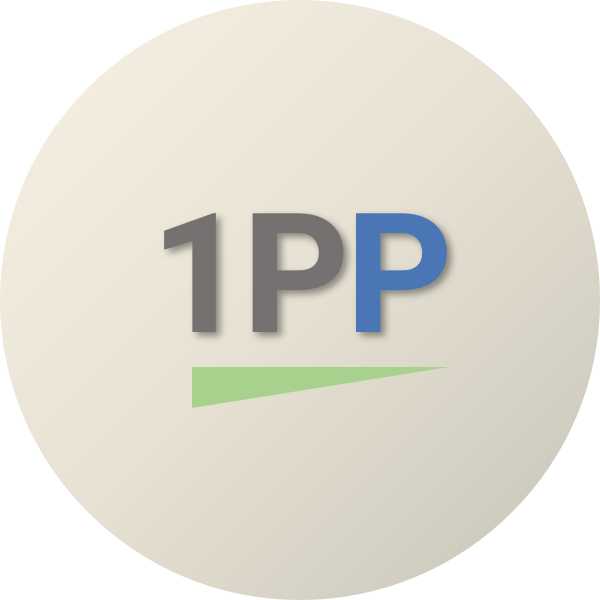|
There's been a joke going around for a while now that some of you may have heard already. It goes:
Question: "When are consultants not consultants?" Answer: "When they're hired by Thames Water." Referring to the outsourcing deal won by Efficio last year to manage $500M of the British water utility's procurement spend the joke is at the expense of Thames procurement head Simon Rutter. Rutter's detractors - and there's been a few of them - criticize him for not knowing the difference between outsourcing and a 5-year consulting engagement. Hmm, now I don't know the specifics of the Efficio agreement but neither does anyone except Thames and Efficio (Thames Water is a private sector company so doesn't have to make it's vendor contracts public) and that's why I think Rutter's critics are at best presumptuous and at worst disrespectful to assume he's been Jedi mind-tricked into gifting the procurement consultancy with a multi-year time and materials goldmine. Having structured some (admittedly smaller scale!) projects in the last few years existing in that neutral zone between outsourcing and consulting I and the customers in question have come to realize that several approaches are available to ensure such arrangements are genuinely mutually beneficial. For example it clearly doesn't make sense to pay a consultant $200/hour for 40 hours a week for five years to do the job a company employee would have done for $100K/year no matter how skilled the consultant. It doesn't compute. What you have to do is pay the consultant a significantly lower rate but top it up with bonus compensation tied to some form of created value that can be measured, like perhaps contract price reduction through sourcing. Smart customers will also cap the bonus pay at levels that provide incentive but don't end up paying the consultant five times what you would have paid them under a fixed cost structure. And what about the seemingly interminable length of some of these deals? From the press release soundbites it would seem an Alpha Centauri round-trip could be completed before Efficio and others relinquished their sweaty grips on the procurement throttle of those who would outsource it all. Well even here there's a route to sanity. It comes by way of a telling little term spilled by Simon Rutter but ignored by those who assume the man with responsibility for leading the procurement function of the UK's largest water utility knows only how to throw a heavy set of keys over a high wall. In Supply Management this week Rutter spoke of having consultancy capability on tap. What he probably meant was that one condition of the deal with Efficio was that he have the flexibility to turn that tap off if and when the situation warranted. This is another lesson I've learned working with companies looking to augment their organizations with external resources, that is that they want to take advantage of the variable cost feature of outsourcing. What's the point of having experts on tap if you can't turn the tap off? I'm flooded with consultants here people! Of course you should give the provider a fair notice period that you intend to downsize (or even terminate) the support - say at least 90 days if the services firm has to restaff 15-20 consultants - but at the end of the day the customer must have the flexibility to offload cost structure in response to the market. So, again, I know no details of the deal in question other than what has been released into the public domain but I would be most surprised had Mr. Rutter not built some common sense language into his outsourcing contract to prevent it becoming the gift that keeps on giving for Efficio. If not then I suspect the time may come at some point in the future when it'll be all hands on deck trying to turn off those taps at Clearwater Court.
0 Comments
Your comment will be posted after it is approved.
Leave a Reply. |
1 Procurement Place
Non-spin commentary on the world of procurement, supported every now and then by the occasional piece of factual information. Mark Usher
Mark is Founder and CEO of SpendWorx LLC, a provider of spend analytics services. Prior to SpendWorx Mark co-founded Treya Partners, a boutique procurement consultancy. Earlier in his career Mark held various positions at Accenture, GE Aviation and Rolls-Royce.
Archives
December 2022
|


 RSS Feed
RSS Feed